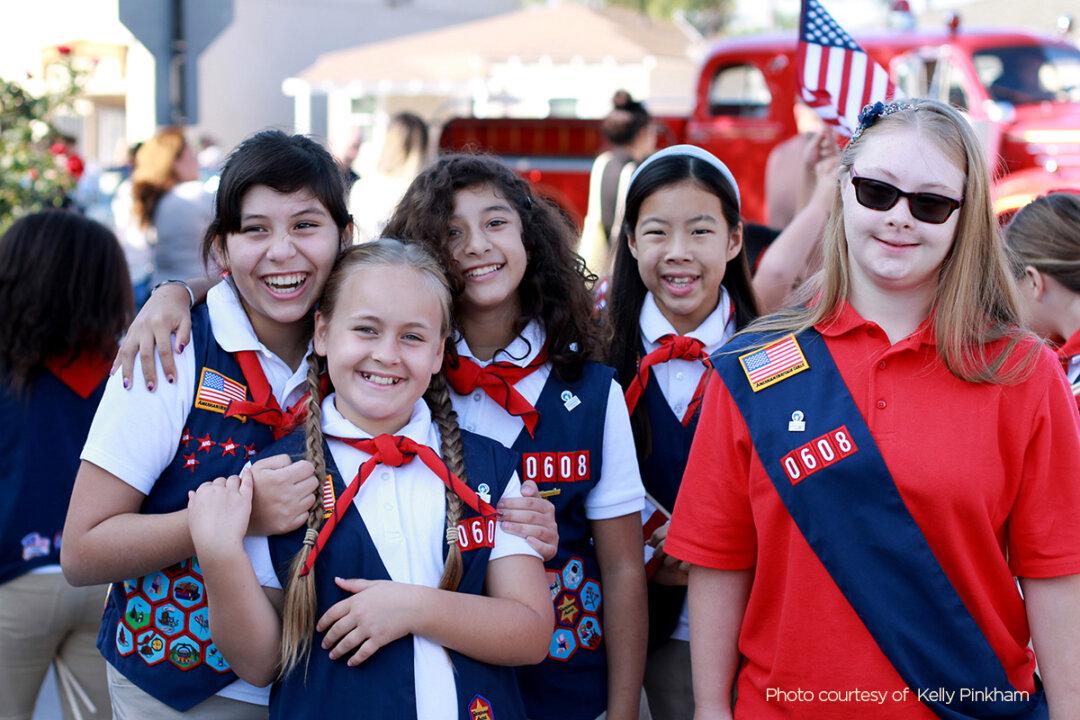Boys will be boys, and girls will be girls—sugar, spice, and puppy dog tails.
But it’s a mixed-up world today. Boyhood is now “toxic masculinity,” girls are learning to be more like boys, and gender fluidity is the new normal.

Boys will be boys, and girls will be girls—sugar, spice, and puppy dog tails.
But it’s a mixed-up world today. Boyhood is now “toxic masculinity,” girls are learning to be more like boys, and gender fluidity is the new normal.